
-
 86-21-63895588
86-21-63895588
-
 No.1, Lane 600, Nanchezhan Road, Huangpu District, Shanghai 200011
No.1, Lane 600, Nanchezhan Road, Huangpu District, Shanghai 200011
Release time:2018-11-30
On November 30, Shanghai Party Secretary Li Qiang conducted a research on the construction of university think-tanks and hosted a symposium at Fudan University. At the symposium, which centered on the implementation of General Secretary Xi's keynote speech at the opening ceremony of the first China International Import Expo and the spirit of his important speech delivered when Xi inspected Shanghai, Secretary Li Qiang listened to the opinions of experts and scholars.
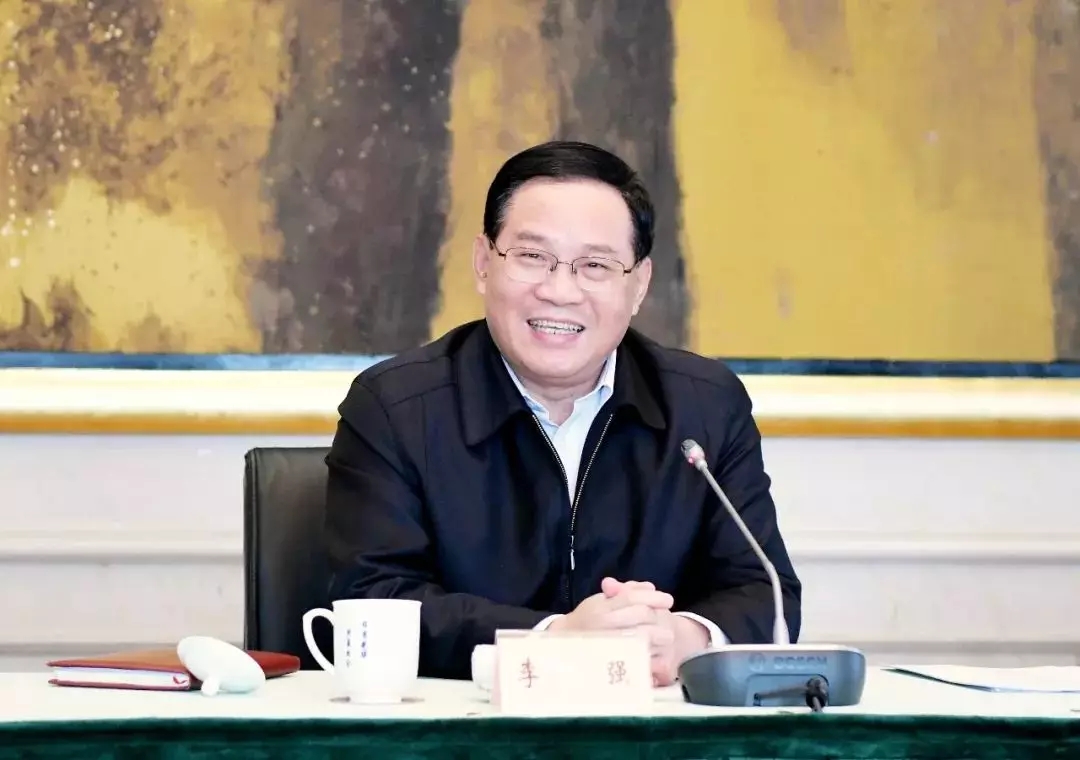
▲ Shanghai Party Secretary Li Qiang
At the symposium, Jiao Yang, Party Secretary of Fudan University, made a report on studying and implementing of the spirit of General Secretary Xi's speech and Fudan's think-tank construction.
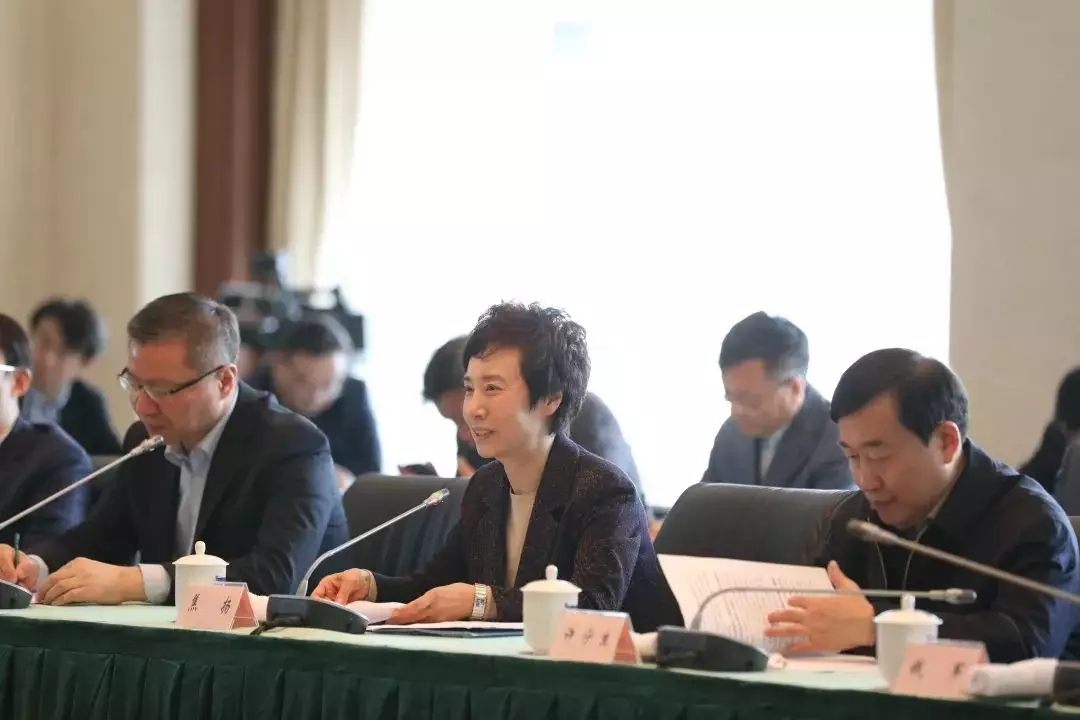
▲ Jiao Yang, Party Secretary of Fudan University
Subsequently, Zhang Weiwei, dean of the China Research Institute at Fudan University, Professor Qian Jun, executive dean of Fanhai International School of Finance, Yin Chen, Secretary-general of Shanghai Free Trade Zone Institute, and Rui Mingjie, dean of Industrial Economics at the School of Management, focusing on the path of China and the implementation of the three new major tasks, shared their opinions and offered policy suggestions, combined with their fields of research and recent research results.
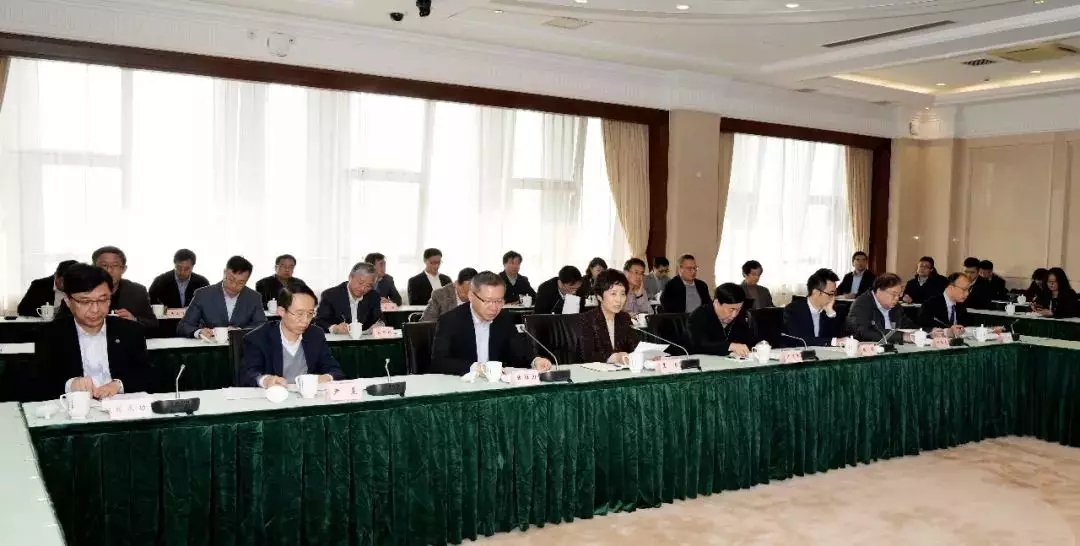
▲ Symposium scene
Secretary Li Qiang pointed out that at present, the whole city of Shanghai is In-depth studying and implementing the spirit of General Secretary Xi's speech, dedicating to fulfilling the three new major tasks assigned to Shanghai by the CPC central committee. According to Secretary Li Qiang, opinions and suggestions from think-tank experts are an important part of promoting government’s scientific decision-making.Therefore, he hopes that experts and scholars could accurately approach the relationships between domestic and international, academic and practice, the current and long-term situations and give full play to the role of the think-tank, providing stronger theory and intellectual support for Shanghai to serve the overall interests of national reform and development as well as participate in international cooperation and competition.
Dismantle new tasks: the pilot test of the Sci-Tech Innovation Board registration system is an important starting point for Science and innovation center as well as financial center
Professor Qian Jun focused on analyzing the new major task of Shanghai Stock Exchange launching the Sci-Tech innovation board and pilot registration system.
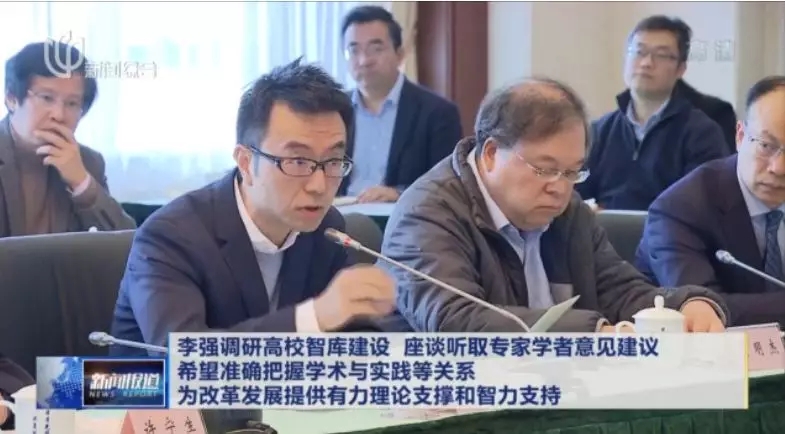
▲ Professor Qian Jun, executive dean of Fanhai International School of Finance
In Professor Qian’s opinion, "The establishment of the Sci-Tech innovation board and pilot registration system on the Shanghai Stock Exchange is of great significance, not only for supporting Shanghai’s development toward an international financial center and a Sci-Tech innovation center, but also for continuously improving the system of China's capital market.
Professor Qian emphasized the reasons for setting up Sci-Tech Innovation Board and pilot registration system, and offered suggestions on how to fulfill those tasks.
He pointed out that one of the core problems of China's stock market has always been the structural imbalance. In particular, the Shanghai Stock Exchange is dominated by large enterprises in mature industries, with fewer enterprises in emerging industries and innovative enterprises flourishing in the market. To support the technology sector and turn Shanghai into a hub for science and innovation, unicorn companies without stable profits in emerging industries need to be encouraged to come into the market, which is an important measure for finance to promote innovation in science and technology. Correspondingly, a new system which encourages these emerging industries and innovative enterprises seek financing by listing on the stock market is called for, that is, the registration system.
It is reported that a special research team has been set up by Fanhai International School of Finance, Fudan University. Professor Qian Jun, Wei Shang-jin, visiting professor of Fanhai and tenured professor at Columbia University, Gao Huasheng, deputy dean of Fanhai for scientific research, as well as a number of researchers and post-doctoral have worked together on a research report, providing suggestions for the Shanghai Stock Exchange to promote the launch of the Sci-Tech Innovation Board and pilot registration system, which covers the listing process, the listing threshold, issue pricing, information disclosure, and other fields.
Secretary Li Qiang listened attentively to the report, had an in-depth exchange of views with scholars, and shared information of the plan for key work. He said the report by Fanhai systematically describes several core issues in the establishment of the Sci-Tech innovation board and pilot registration system of the Shanghai stock exchange, and provides an important reference for the further formulation of the pilot program. At the same time, Secretary Li Qiang put forward specific questions and suggestions on the role of securities companies in the pilot registration system and the delisting mechanism of listed companies.
"The research team will make further analysis based on Secretary Li's feedback to improve the research report," said Professor Qian Jun.
The new positioning of think-tanks: The key is academic originality and the level of policy research
Before the symposium, Secretary Li Qiang conducted a field survey in some think- tank institutions at Fudan University. It should be recognized that Fudan Development and Research Institute is one of the earliest think-tanks established since the reform and opening up of china. In the discussion room, Professor Qian Jun, Professor Chen Shiyi, Party Secretary of the institute, and other researchers are exchanging ideas on the layout of industrial clusters in the Yangtze River delta.
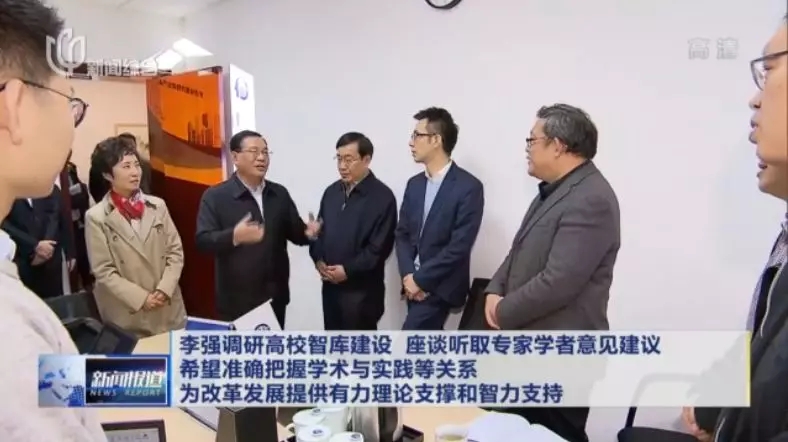
▲ Secretary Li Qiang is discussing with Professor Qian Jun, Professor Chen Shiyi and other researchers
Professor Qian stated that in addition to having natural advantages in promoting the establishment of Sci-Tech Innovation Board and pilot registration system, the institute is also actively involved in two other major tasks -- the establishment of a new area of the Shanghai free trade zone and the implementation of regional integration development in the Yangtze River delta. Specifically, the institute has made progress in the research of financial and capital markets’ roles in the two tasks.
Secretary Li pointed out that ultimately, think-tanks should be evaluated by their academic originality and abilities in policy research. We should closely integrate academic pursuit with practical concerns and focus more on the major practical issues on reform and development faced by today’s Shanghai and China, carrying out in-depth research and put forward constructive and innovative Suggestions.Think-tanks should not only follow hot issues, but also be willing to thrive away from the spotlights and study less popular issues, and think through them. Think-tanks should focus both on the present and the long term, actively carry out prospective and reserve policy studies, contributing wisdom to the long-term development of China and Shanghai.
"The think-tank research that the institute is doing and plans to do is in full line with Secretary Li’s positioning of university think-tanks. We are committed to building an international business school with the deepest understanding of Chinese finance and providing advice and suggestions for the development of China's financial system and economy. Professor Qian stressed that, for a long time, the institute targets at world-class academic research and discipline construction, world-class teaching programs and high-end talent training, world-class think tank research and world-class social influence" In particular, as regard to think-tanks, we put forward that in addition to dealing with current economic and financial problems, efforts should also be made to guide policy-making and market development through the research of the long-term problems.
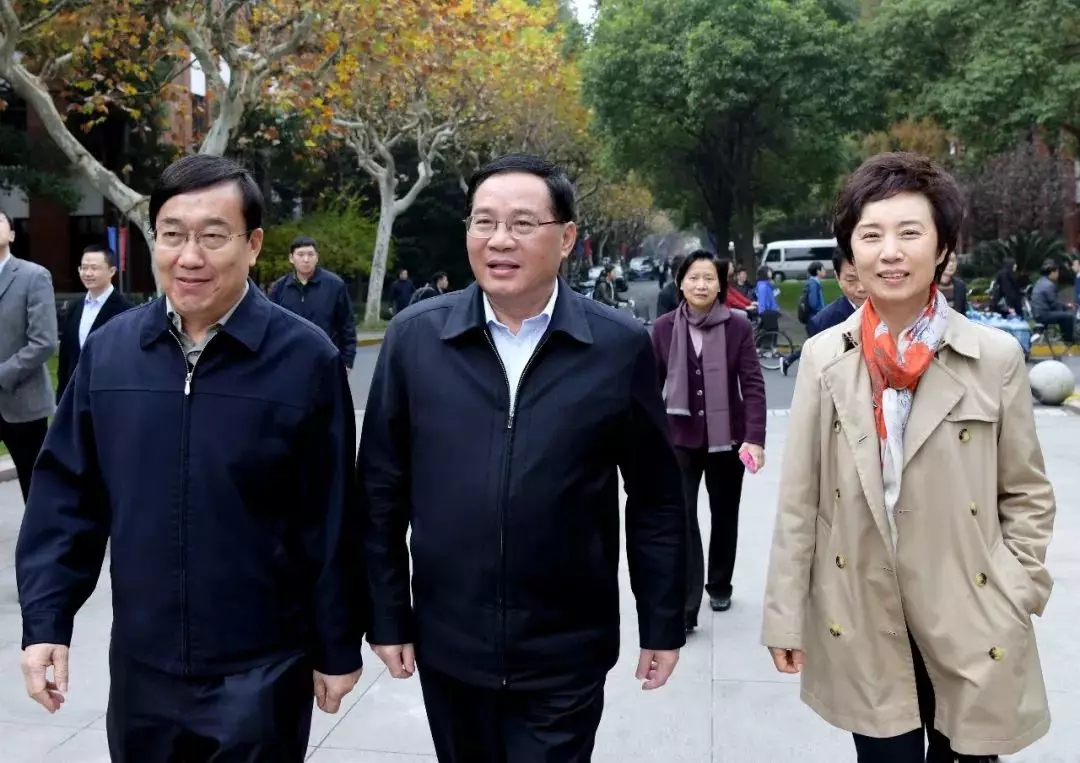
▲ Secretary Li at Fudan University
Other participants include Zhuge Yujie, member of the Standing Committee of Shanghai municipal Party Committee and Secretary General of Shanghai municipal Party Committee, Xu Ningsheng, Principal of Fudan University, Chen Zhimin, Vice Principal of Fudan University, and Liu Chenggong, deputy Secretary of the Party Committee of Fudan University.